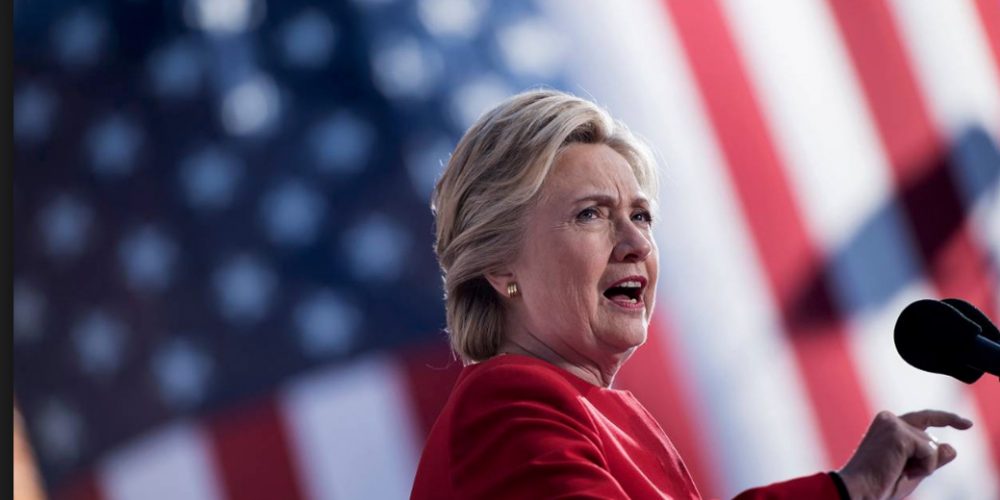The term “strong women” has been niggling at me for some time, but I had mixed feelings about it, as it appeared to be setting an example for women to assert themselves and be strong; and what can be wrong with that?
But one must look critically at these fashionable social media hypes in more detail to see if they will help women generally in their campaign for human rights and equality around the world.
My criticism is that the term comes from elite women in the film, music and business world, congratulating each other for doing well themselves, and this has long been promoted by the media and their publicists. And, however well-intentioned a few of them may be, they will not bring real change to most women in the world. It is also a fact that most of them come from the elite class already.
The mass following of celebrities promoted on social media and through magazines and newspapers is to get women to buy consumer goods.
How many of the world’s working women can aspire to be actors, or singers, or run successful businesses? To see articles in women’s magazines every month relentlessly promoting women starting a new business or succeeding in a film or music career is to distract from what makes a “strong woman.”
What has happened to articles on other women who do difficult work, or are courageous, or work for the good of others? Well, they do not feature in this relentless pushing of elitism.
In fact the world is full of strong women, women working in harsh conditions for their families, such as factory and farm workers in Asia, Africa, and South America, who do back-breaking work for long hours in horrible conditions, and then go home and work just as hard to provide for their families.
Where do we hear of the women working to protect their environment against predatory capitalist companies? Or the women in war-torn countries bearing up despite mass killing and the destruction of their whole world?
What about the women fighting for better working and living conditions in the so-called developed world, fighting a battle against capitalism’s dismantling of workers’ conditions and social services? We do not hear of their brave struggles in social media or on television, or in newspapers or magazines.
These are the ones who encourage other women to be brave, to join trade unions, and to stand up for a decent life. Together women are strong, even if some are less well, or less able than others.
I don’t see any articles about leading trade union women, health professionals and academics who promote a better society. Instead these face a hostile press, and hostile lackey interviewers who know where their interests lie.
The most obnoxious use of the “strong woman” meme is the promotion of women in politics being a good example that will change things for the better. The idea that more women in governments will be a great thing without regard to what those women are promoting is dangerous. In fact this demand is the opposite to being good for women, as it lumps them all together, while men are looked at for their policies.
That is not to say that I am not critical of the imbalance, but it must be done in the interests of working women and men.
Even feminists such as Mary Beard, professor of classics at Cambridge, editor, writer, and long-time campaigner for women’s rights, has fallen into this trap. She recently interviewed Hillary Clinton as a “strong woman”! Hillary Clinton is a mass murderer, having ordered and supervised wars in so many countries it is hard to keep count of them; and the video of her jubilation at the murder of Saddam Hussein would make your blood run cold.
Even Margaret Thatcher, Golda Meir and Indira Gandhi are held up to be models of strong women to this day, despite their legacy of destroying the lives of their own people, not to mention the destruction of wars initiated by them.
And of course we have our own strong women: Margaret Heffernan of Dunne’s Stores, Deirdre Foley, destroyer of Clery’s, Patricia Callan, anti-worker spokesperson for the Small Firms Association, to name but a few; and our former minister for social protection, Joan Burton, who was anything but a protector of women: in fact she ruined the hopes of getting a decent pension for thousands of women.
International Women’s Day has been hijacked by elite women who lunch, and women’s organisations that have sold out to a comfy life in cahoots with the Government. So it is time to rescue it and rebrand it as International Working Women’s Day, and of course encompassing all working women, wherever they work.






